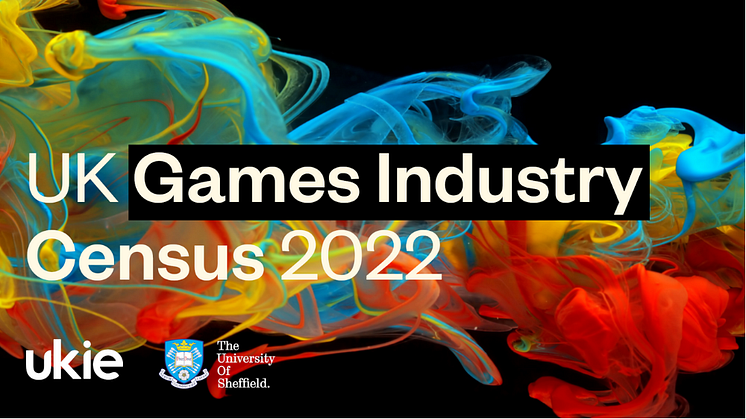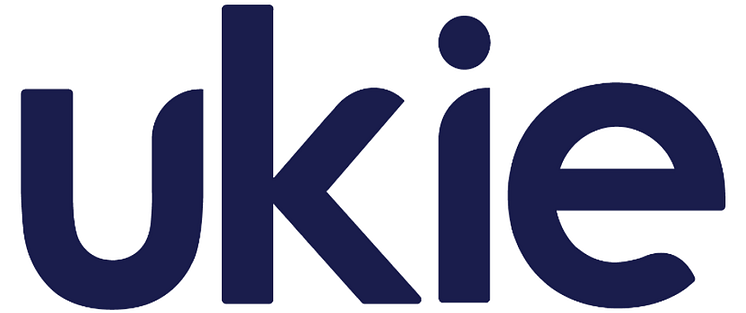
Press release -
Ukie publishes the 2022 UK Games Industry Census
LONDON, Thursday 10th March 2022, 10am – Ukie has published the results of the second UK Games Industry Census, giving a deeper insight into the demographic make-up and working habits of the UK video games industry.
The census, which was conducted by the University of Sheffield and was completed by over 3600 industry workers in Autumn 2021, asked respondents about their personal characteristics and background – such as race, gender identity and sexuality – as well as about their working practices.
It also explored several new areas, such as the impact of the pandemic on working practices and attitudes towards the workplace and industry to deepen our understanding of the sector.
Attitudes to the workplace
The pandemic has resulted in both major changes to how people in the UK games industry work and their preferences for where they’ll work in the future.
Pre-pandemic, 66% of people in the industry reported that they worked in the office, compared to 9% at home and 7% working in a hybrid system. By Autumn 2021, 80% were working at home, 8% from the office alone and 11% in a mix of both.
Looking ahead, only 10% of industry workers expressed a preference to work from the office in the future. In comparison, 52% of respondents identified their ideal working situation to be a hybrid approach and 38% wanted to work from home full time, suggesting a shift in the way the industry will work in the future.
Overall, attitudes to both individual workplaces and the industry at large tend to be positive. The vast majority of people who work in the sector feel proud to do so with 87% of people being proud to tell others where they work specifically and 85% proud to be a part of the UK games industry.
But people tend to speak more positively about their company than the industry as a whole. For example, whilst 83% of respondents recommended their own workplace as a great place to work, only 66% said the same about the games industry as a whole.
The demographic profile of the UK games industry
The demographic make-up of workers in the games industry showed marginal improvements to diversity in the 2022 census when compared to 2020.
The gender make-up of the industry diversified slightly. According to this year’s census, 67% of the workforce is male, female is 30% and 3% is non-binary compared to 70%, 28% and 2% in 2020 respectively.
The representation of different sexualities increased from the 2020 census. The number of people who reported a sexuality other than heterosexual was up to 24% from 21% – significantly higher than in the wider adult population
The games industry workforce remained young with 61% listing their age as 35 or under in 2022, although this was a slight reduction compared to 66% two years earlier.
The figures for ethnic groups remained similar to those reported two years ago, with 66% of the workforce reporting that they are White British, 24% as White Other, 5% as Black, 2% as Asian, 2% as Mixed/Multiple ethnicity and a further 2% as other.
Mental health and neurodiversity in the games industry
Looking into mental health conditions, 38% of the people who responded to the census reported that they suffered from anxiety, depression, or both. This is up from 31% before the pandemic.
The games industry has more neurodivergent people working within it than the working-age population. Overall, 18% of respondents reported having at least one neurodevelopmental condition. More people in games were autistic or had a condition affecting concentration, such as ADHD, than the working-age population.
“The result of this year’s games industry census shows that the industry has made progress on building an equal, diverse and inclusive sector, adapting well to the immediate challenges posed by the pandemic, but that plenty of work still lies ahead,” said Dr Jo Twist OBE, CEO of Ukie.
“We must ensure that initiatives like #RaiseTheGame, which has signed up 205 partners since 2020, continue to play a key role in driving forward meaningful long-term change to ensure we do not miss out from the opportunities of being a truly inclusive sector.”
“It’s essential to continue to pay attention to the makeup of who’s working in games relatively frequently,” said Dr Mark Taylor, Senior Lecturer at the University of Sheffield. “Even if it turns out that the games industry looks similar to how that should be compared with the broader creative industries context, where the effects of the pandemic have been unequally experienced.”
You can read the full UK Games Industry Census report for 2022 on the Ukie website here.
Related links
Topics
Categories
About Ukie (The Association of UK Interactive Entertainment)
Ukie is a not-for-profit trade body that represents the UK games and interactive entertainment industry. Its mission is to make the UK into the best place to make, sell and play games in the world.
It represents over 500 businesses working across the UK, including game developers, publishers, platforms, and service providers. It supports companies through business support programmes, political engagement, speaking with the media on behalf of the sector and running education initiatives to boost the industry talent pipeline.
The organisation also supports and manages key industry responsibility campaigns such as www.askaboutgames.com and the Get Smart About P.L.A.Y. parental outreach campaign.
Website: www.ukie.org.uk.
Contact: press@ukie.org.uk


